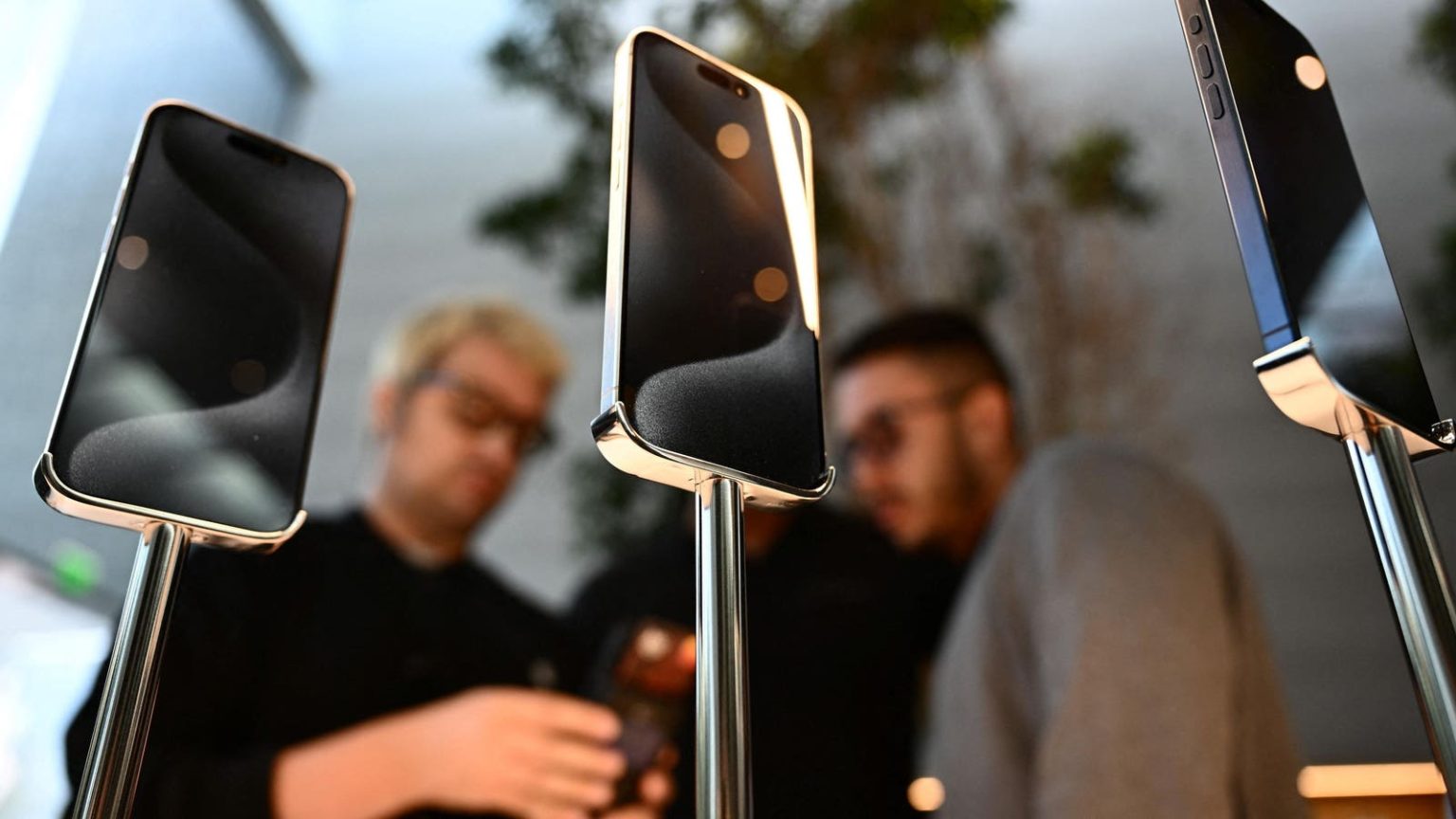In the past week, Apple has been making headlines with various news and leaks. The latest leak about the iPhone 16 reveals possible color options for the upcoming device. According to analyst Ming-Chi Kuo, the iPhone 16 Pro and iPhone 16 Pro Max may come in black, white, silver, gray, “Natural Titanium,” and rose colors. This leak has sparked interest among Apple enthusiasts who are eagerly awaiting the release of the new iPhone models.
Apple’s latest iOS update, version 17.5, has been causing some concerns among users. The update reportedly has a bug that resurfaces photos that users had previously deleted from their phones. While Apple has released a fix in iOS 17.5.1, the tech giant has yet to address where these deleted photos are reappearing from, leaving users puzzled and concerned about their privacy.
In other news, details about the next-generation AirTag have emerged, hinting at improvements in geo-location tracking. The next AirTag is not expected to arrive until 2025, but reports suggest that it will feature a better chip for enhanced location tracking. However, the specifics of the improvements have not been disclosed, leaving consumers to wonder about the potential upgrades in store for the popular tracking device.
Apple’s plans to shift iPhone production away from China to India have been adjusted, with the initial projections of half of all production taking place in India by 2027 now reduced to a quarter by 2028. This shift is part of Apple’s efforts to diversify its manufacturing base and reduce reliance on Chinese production facilities. Reports indicate that Apple is on track to increase India’s share of iPhone production to around 25% by 2028.
Furthermore, Apple is gearing up to secure inventory of TSMC’s 2nm silicon for its future chipsets. The tech giant’s latest A17 Pro and M4 chipsets are already built on TSMC’s 3nm process, which offers improved performance and power efficiency. Apple’s Vice President of Hardware Technologies, Johny Srouji, recently met with TSMC’s President to discuss custom AI chips and ensure access to the chipmaker’s upcoming 2nm manufacturing process, set to commence production in 2025.
Lastly, Microsoft and Qualcomm have unveiled a range of ARM-based Windows laptops that aim to rival Apple’s MacBook hardware in terms of performance and benchmarks. However, tech analyst Jon Gruber points out a key differentiator – while Apple’s MacBook Air is fanless, the Windows laptops are all equipped with fans. This distinction may play a significant role in determining whether the Windows laptops can truly compete with the MacBook Air in the market. Stay tuned for more updates on Apple and tech news in the coming weeks.


